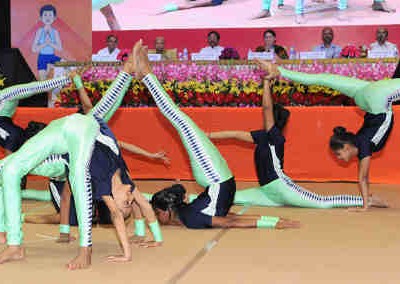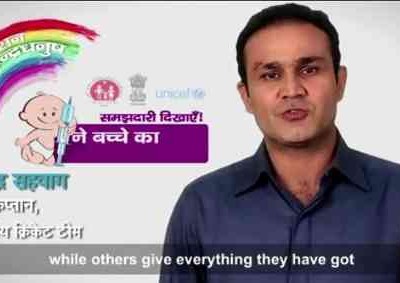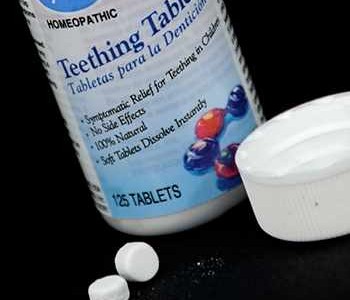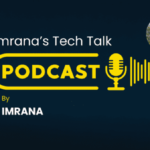
India Takes Steps to Check Corporal Punishment in Schools
In India, the Right of Children to Free and Compulsory Education (RTE) Act, 2009, prohibits ‘physical punishment’ and ‘mental harassment’ under Section 17(1) and makes it a punishable offence under Section 17(2).
This information was given by India’s Human Resource Development (HRD) Minister, Prakash Javadekar.
He said Monday that the National Commission for Protection of Child Rights (NCPCR) and the State Commissions for Protection of Child Rights (SCPCRs) have been entrusted with the task of monitoring children’s right to education under Section 31 of the RTE Act, 2009.
[ क्या आप भी अपने बच्चों की पढ़ाई को लेकर परेशान हैं? ]
The State Governments under their RTE Rules have also notified Block / District level grievance redressal agencies under the RTE Act.
The government has also issued Guidelines / Advisory dated 26.03.2014 under Section 35(1) of the RTE Act, 2009 to all the States and Union Territories for elimination of Corporal Punishment in Schools.
It is school corporal punishment when a teacher hits a student with their hand or an implement such as wooden stick. A teacher’s abusive and rough language can cause ‘mental harassment’ to a student.
[ Education Dilemma: Let Us Save the Lives of Our School Children ]
The Affiliation Byelaws of the Central Board of Secondary Education (CBSE) empower the School Managing Committee to place an employee under suspension if charged with cruelty with any student or employee of the school. CBSE has also issued guidelines to schools for ensuring an atmosphere free from fear in each affiliated school.
Since majority of the schools are within the purview of the State Governments, Javadekar said no centralized data on corporal punishment is maintained by the HRD Ministry.
[ Education Policy of India: Why Do You Send Your Child to School? ]
However, according to the Ministry of HRD, CBSE does receive sporadic complaints of corporal punishment against independent schools affiliated with it. CBSE received 10 such complaints during the year 2015, which included 4 from Madhya Pradesh and 1 each from Assam, Rajasthan, Haryana, Jammu & Kashmir, Delhi and Chhattisgarh.
In the year 2016, there were 7 complaints, including 2 from Madhya Pradesh and 1 each from Bihar, Uttar Pradesh, Chhattisgarh, Tamil Nadu and Delhi. CBSE takes up such complaints with the concerned School Management Committee for appropriate action.
Besides a number of other guidelines, the RTE Act prohibits physical punishment and mental harassment, screening procedures for admission of children, capitation fee, private tuition by teachers, and running of schools without recognition.
Photo courtesy: Ministry of HRD














